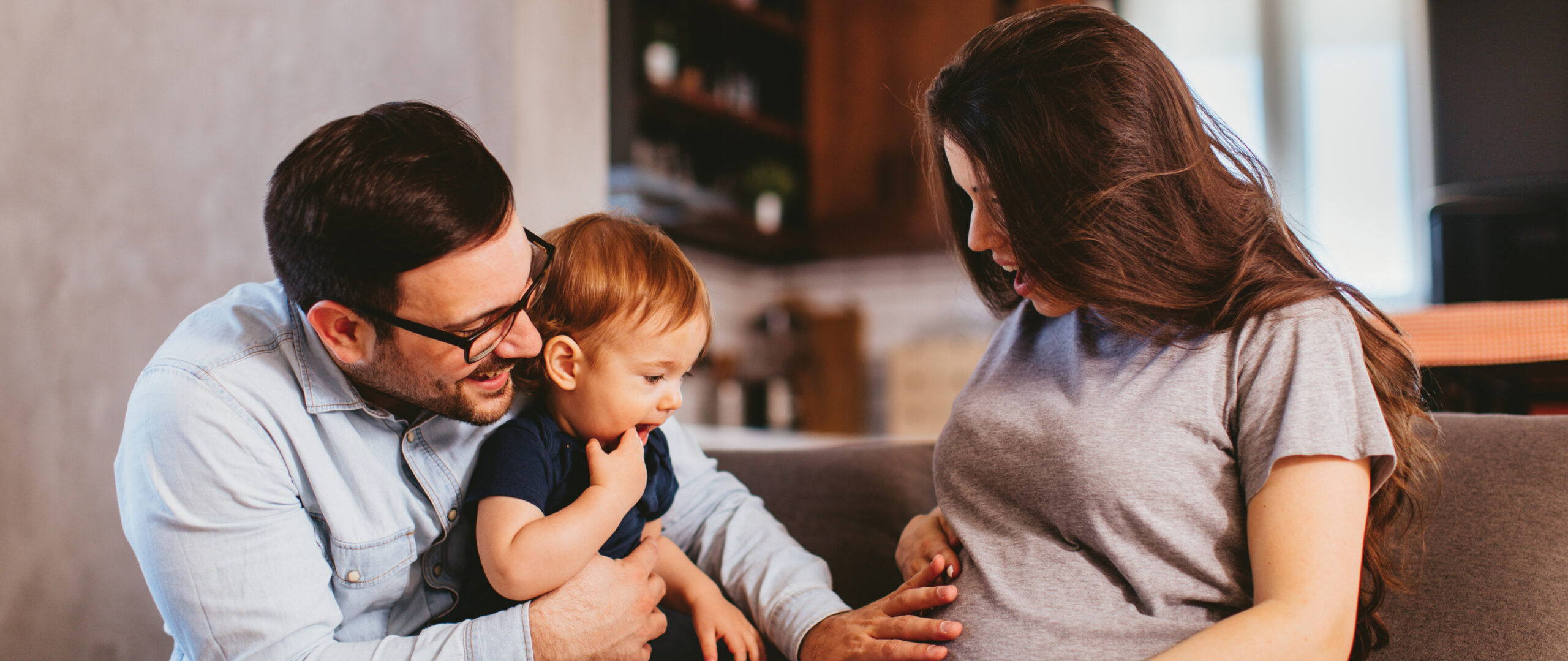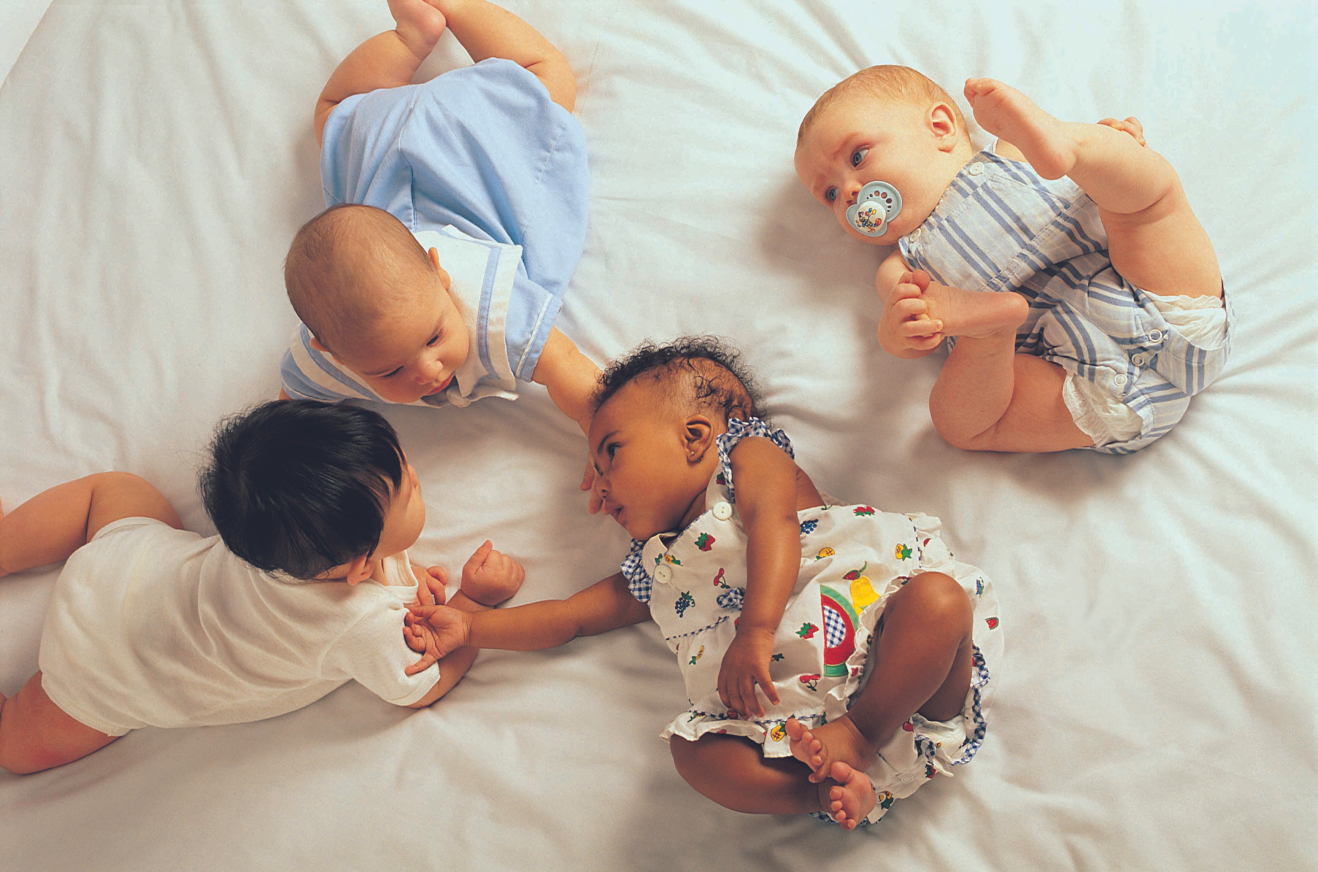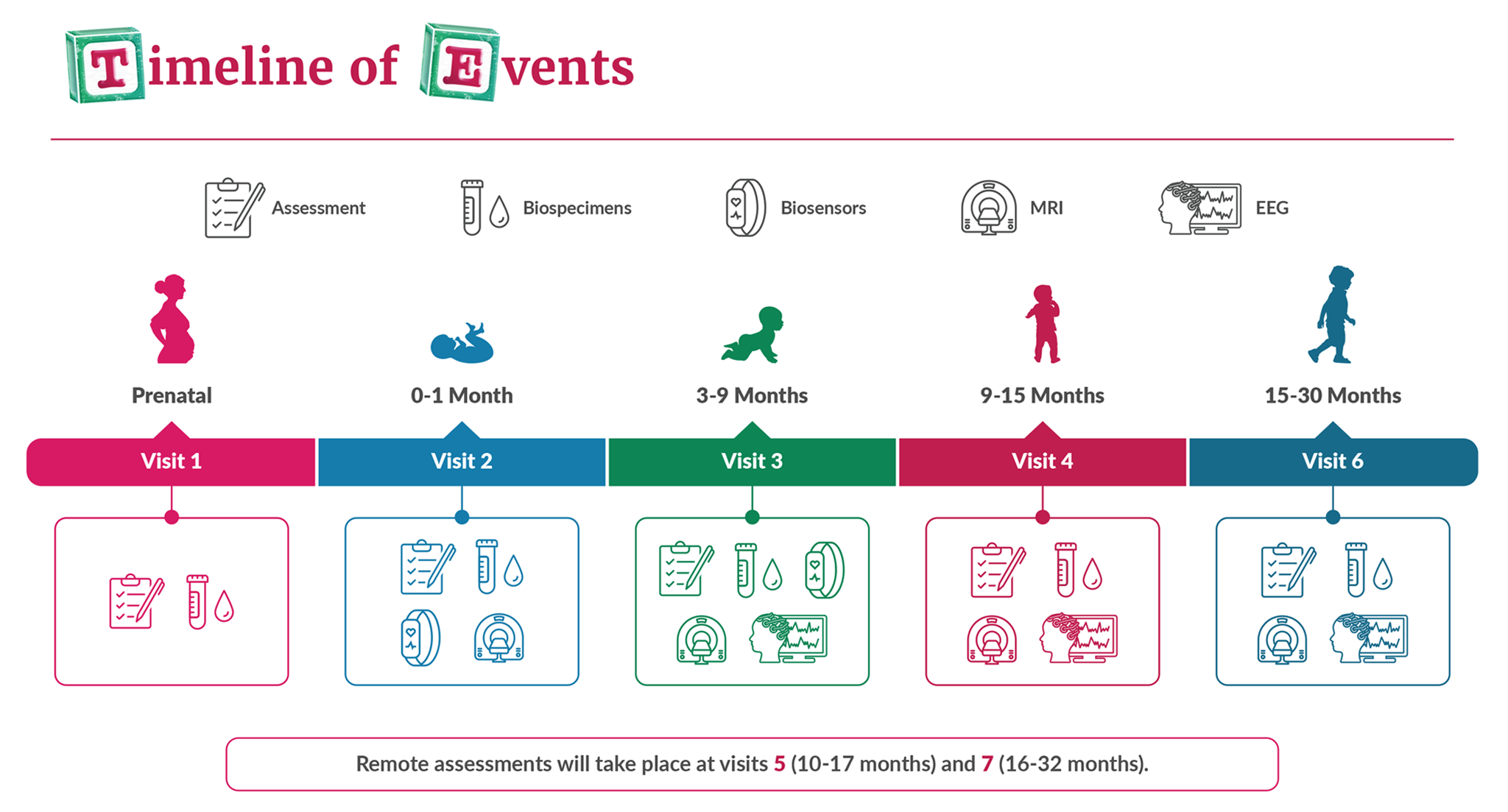
For Families
Striving to make a difference for generations to come
ABOUT THE STUDY
The HBCD Study will enroll approximately 7,500 participating families from across the United States and follow them and their children through early childhood. We want to understand how the brain develops and is affected by exposure to substances and other environmental conditions during pregnancy and after the baby is born.
Together, we can find answers to questions that you and many other parents and caregivers might ask, such as:
- How do genes and experiences influence development and behavior?
- How does early contact to opioids, tobacco, and other substances affect development?
- Are there key experiences early in development that affect later health and well-being of a child?
- Are there windows during early development that present opportunities to step in that will help children be healthier and happier?
- How do children's interactions with their parent or caretaker affect their health?
STUDY SIGNIFICANCE
The first few years of life are a period of quick growth and brain development. There are many factors that can affect how children develop, yet little is known about how these factors impact health and other outcomes. The HBCD Study will help us understand how child development may be affected by exposures to social and environmental experiences and conditions, including exposure to substances (such as opioids, alcohol, tobacco, and cannabis) during pregnancy.
Recent advances in technology and developments in research allow us to explore in more detail how these exposures interact with brain development and other social and health outcomes. Results from the HBCD Study will provide information that parents, caregivers, and health professionals can use to enhance the well-being of children.

STUDY PROCEDURES
During these visits, you will be asked to complete interviews and questionnaires.
In addition, you and/or your child will be asked to:
- Provide samples, such as blood (birth parent), urine and saliva (birth parent and child)
- Participate in behavioral assessments
- Wear activity and heart rate trackers for brief periods of time
- Undergo safe, non-invasive methods that provide pictures of your child’s brain and measure their brain activity
- Allow us to collect growth measurements
- Provide information about your child’s social, emotional, and cognitive development
*After the first year, some of these assessments will be repeated each year
What is the HBCD Experience?
MRI in the HBCD Study
EEG in the HBCD Study
Interactive Assessments in the HBCD Study
Wearable Sensors in the HBCD Study
